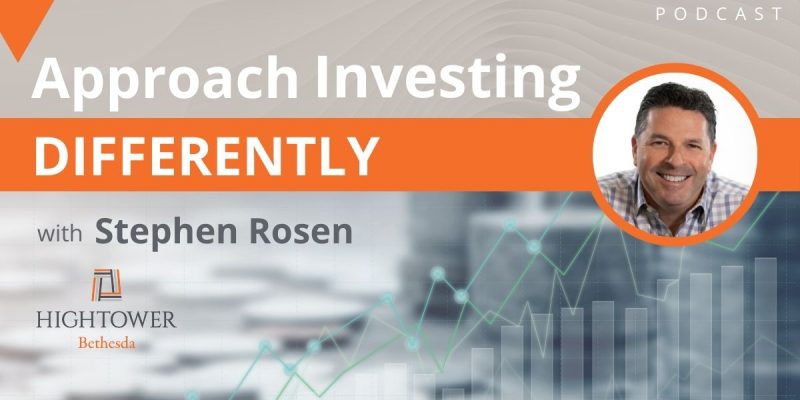Previously, hedge funds were only available to big institutions or ultra-high-net-worth individuals who could meet the minimum requirements.
Now, anyone with a much lower minimum can enter this space.
What are the must-knows before investing in this world?
In this episode of “Approach Investing Differently”, Stephen Rosen dives deep into the key considerations for investors, such as understanding liquidity and fee structures. But that’s not all, he also emphasizes the importance of proper education, research, and expert consultation before making any investment decisions.
Don’t miss out on this valuable information to make informed choices and potentially unlock a new realm of investment opportunities.
Stephen discusses:
- How the world of alternative investing has shifted from only being available to institutions and high net-worth individuals to the average investor
- The importance of having a diversified portfolio
- How clearing liquidity preferences before investing may affect your returns
- The criteria Hightower Bethesda uses when investing in alternative funds and what people should consider when investing in this field
- Fees and commissions associated with alternative funds
- Why educating yourself about the investments you are considering is essential
- And more!
Connect With Stephen:
Podcast: Play in new window | Download
